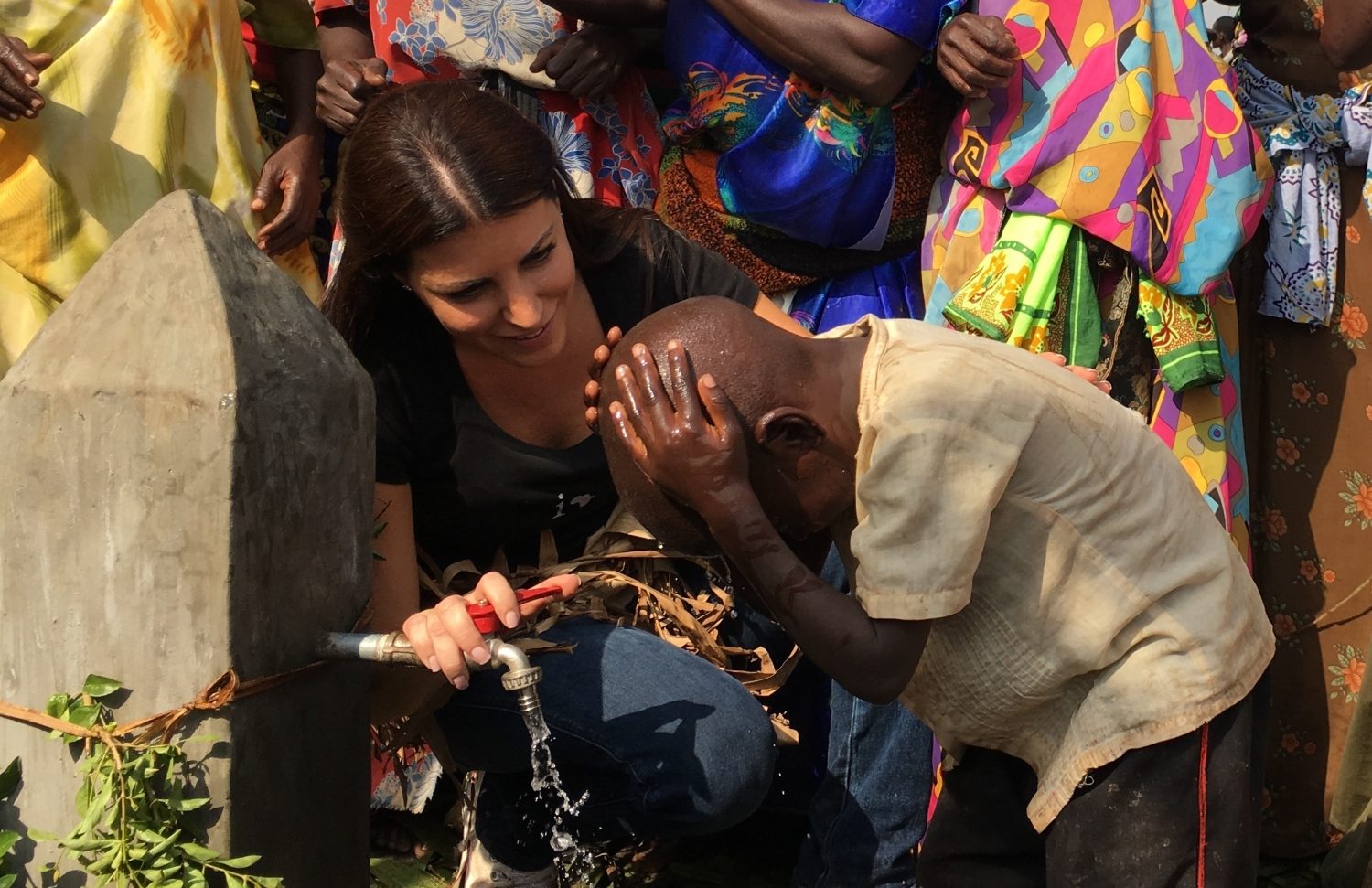

A number of years ago I heard the prominent lecturer and author Ron Carlson speak on the value of human life. He spoke of visiting the Cambodian border back in the 1970s when over 300,000 refugees were looking for a place to settle. They had escaped the Cambodian massacre but had no place to go.
Carlson was stunned that all these Buddhist refugees were coming from Cambodia and Laos, yet there were no Buddhist’s lending a hand or taking care of them. Nor were there any Hindus or Muslims. The only people taking care of all these refugees were Christians from Christian mission and relief organizations.
Carlson approached a man who had lived in this area for twenty years and asked him “Why in a Buddhist country, with Buddhist refugees, are there no Buddhists here caring for their brothers?” The reason he received:
“Ron, have you ever seen what Buddhism does to a nation or a people? Buddha taught that each man is an island unto himself. Buddha said, ‘If someone is suffering, that is his karma.’ You are not to interfere with another person’s karma because he is purging himself through suffering and reincarnation! Buddha said, ‘You are to be an island unto yourself.’”
This leader of the relief effort continued, “Ron, the only people that have a reason to be here today taking care of these 300,000 refugees are Christians. It is only in Christianity that people have a basis for human value; that people are important enough to educate and care for.”
The Christian view of life is that people are of such great value because they are created in the image of God.
In his well-documented book, How Christianity Changed the World, Alvin Schmidt shows how the moral, biblical worldview of Christianity has had such a powerful and positive influence on the world. Through the historical record, he demonstrates the following,
The idea of human rights came straight from the Bible, as God places a high view of human life and its sanctity.
Christianity greatly elevated and exalted the value of women. Christ raised the dignity, freedom, and rights of women to a level previously unknown in all other cultures in history.
Where did the idea of philanthropy come from? European historian Carlton Hayes said, “From the wellsprings of Christian compassion our Western civilization has drawn its inspiration and its sense of duty for feeding the hungry, giving drink to the thirsty, looking after the homeless, clothing the naked, tending the sick, and visiting the prisoner.
Biblical teaching was behind establishing hospitals, creating mental institutions, professionalizing medical nursing, and founding the Red Cross.
Slavery was accepted by virtually every culture in history, as far back as anyone can remember.
It never occurred to anyone that it is wrong. But the abolition of slavery and the rejection of racial segregation go back to the earliest teachings of Christianity. The great historian Will Durant made it clear that Christianity was not a segregated religion, “It offered itself without restriction to all individuals, classes, and nations; it was not limited to one people . . .”
Mathew Parris is a well-known South African-British journalist and broadcaster who served a number of years in the British Parliament.
Parris spent his childhood in the African country of Malawi and forty-five years after leaving, returned to help rural African communities install water pumps, giving them access to clean water.
Parris was an atheist. His visit renewed his faith in the development of charities. However, it caused a crisis of faith for him as an atheist. He was shocked at the enormous contribution to the good of Africa as a result of Christian evangelism. It was not at all compatible with his atheistic worldview and he finally had to admit how transformative Christianity was in his native country. It was unlike any other form of aid or charity being carried out in all of Africa.
As author Paul Chamberlain described it, Parris found the evangelism of Christians to be distinctly different from the work of secular non-governmental organizations and government endeavors. As good as the work done by these secular organizations is, he declares, it will never be sufficient, nor will education and training. The difference Christianity offers, he says, is a change of people’s hearts. “It brings a spiritual transformation. The rebirth is real. The change is good.”
The world is looking for a hope that will alter people’s behavior, but what we desperately need is a transformation of the human heart. This is what Christ offers a broken and hurting world.
Moreover, I will give you a new heart and put a new spirit within you, and I will remove the heart of stone from your flesh and will give you a heart of flesh. (Ezekiel 36:26-27)
To read more by Richard and learn about The Center for Executive Leadership, visit our website at www.thecenterbham.org.
Add grace and understanding to your day with words from Richard E. Simmons III in your inbox. Sign-up for weekly email with the latest blog post, podcast, and quote.

Bulk discounts for 25 or more books! Call 205-789-3471 for prices.
For local orders in the Birmingham, AL area, enter Promo Code LOCAL at checkout to save shipping. We will email you when your order is ready for pickup.